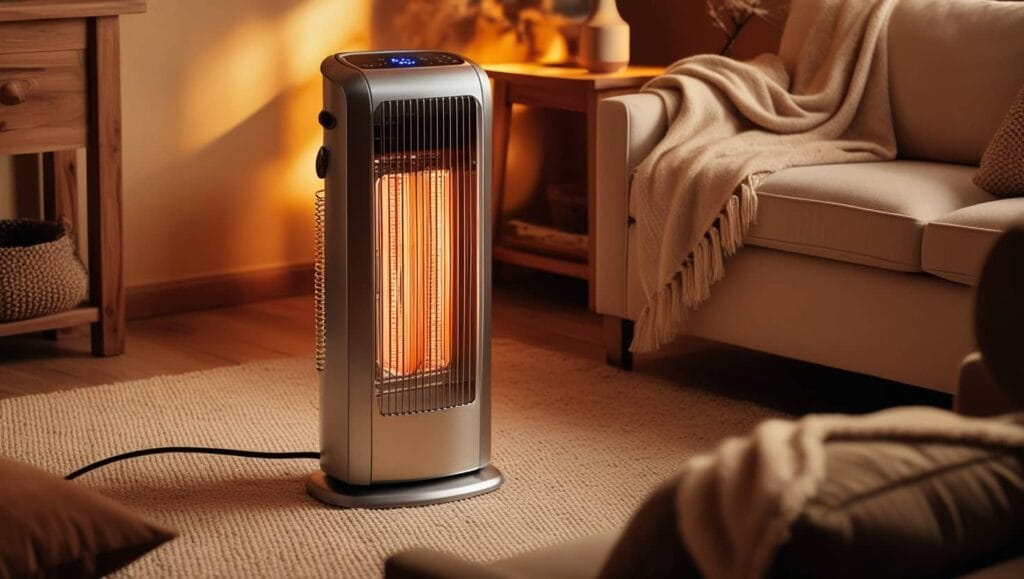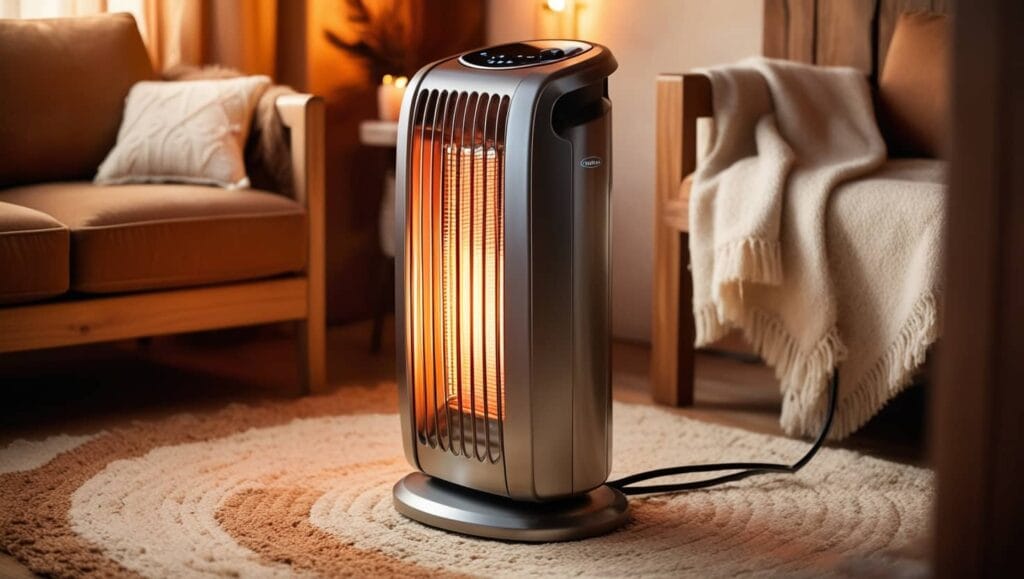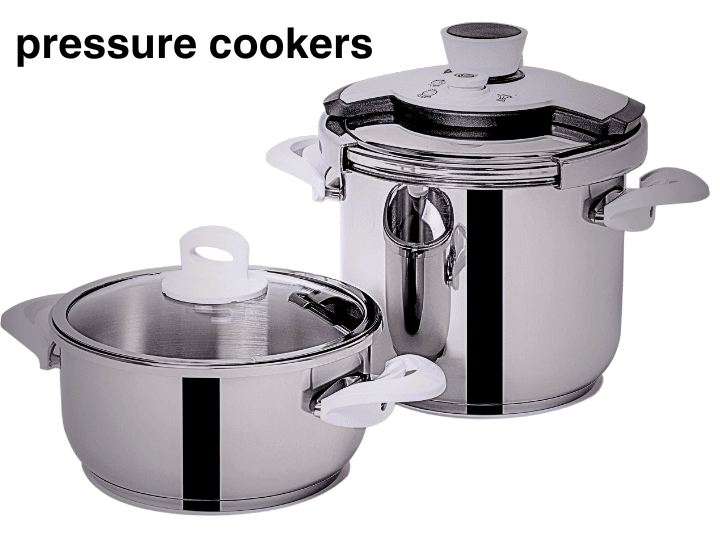As the chill of winter settles in, staying warm and cozy indoors becomes a top priority. A reliable electric room heater can make all the difference in keeping your home comfortable, especially when central heating isn’t enough or if you just want to warm a single room.
However, with so many types and features to consider, choosing the right electric heater can be a bit overwhelming. Let’s walk you through everything you need to know to find the perfect heater for your home.

Contents
Introduction to Electric Room Heaters
Electric room heaters are a convenient and effective way to heat up spaces, making them popular in homes and offices alike. They come in different types, sizes, and styles to meet a variety of needs.
Choosing the right heater for your space not only keeps you cozy but also ensures you’re getting the best value in terms of efficiency and energy costs. So, let’s dive into the different types of electric heaters available!
Types of Electric Room Heaters
Each type of electric heater is designed for specific heating needs, so understanding the options is key:
- Convection Heaters: These heaters warm up the air and are great for heating an entire room gradually and evenly. They work well in enclosed spaces where warmth can be retained.
- Radiant Heaters: These provide instant heat and are best for warming up people or specific areas directly in front of the heater. Ideal for quick, targeted heating.
- Ceramic Heaters: Known for efficiency, ceramic heaters use ceramic elements to produce heat quickly. They’re safe, energy-efficient, and often come with a fan to distribute warmth evenly.
- Infrared Heaters: Infrared heaters create warmth similar to sunlight, heating objects directly rather than the air. They’re energy-efficient and work best in rooms where people stay stationary, like living rooms.
- Oil-Filled Heaters: These heaters are filled with oil that warms up and retains heat, making them ideal for consistent, long-term warmth. They’re particularly quiet and good for larger rooms.
Key Features to Consider
When selecting an electric heater, there are a few key features that will enhance your experience:
- Heating Power and Size: The wattage of the heater determines its heating power. Generally, you’ll need about 10 watts per square foot of space, so keep your room size in mind.
- Thermostat and Temperature Controls: Adjustable settings help you keep the temperature just right and avoid overheating, which also saves on energy costs.
- Safety Features: Look for safety functions like tip-over protection, which automatically shuts off the heater if it falls, and overheat protection, which prevents the heater from becoming too hot.
- Portability and Size: If you plan on moving the heater from room to room, choose a portable model with a handle and lightweight design.
- Noise Levels: For spaces where peace and quiet are essential, like bedrooms or offices, opt for low-noise models, as some heaters can create fan sounds that may be disruptive.
Energy Efficiency and Running Costs
Electric room heaters vary widely in terms of energy efficiency. Here’s how to keep energy usage manageable:
- Energy-Saving Features: Many modern heaters come with eco modes, timers, and thermostats that let you customize heating times and save on energy.
- Estimated Running Costs: The cost of running an electric heater depends on its wattage and your energy rates. As a rough estimate, a 1,500-watt heater might cost around 15–18 cents per hour to run.
- Tips for Saving Energy: Lowering the thermostat by a few degrees, using the heater in enclosed rooms, and only turning it on when needed can all help reduce costs. Pairing it with a programmable thermostat gives you precise control over heating times and temperatures.
Pros and Cons of Electric Room Heaters
Every heater type has its advantages and limitations, and knowing these can help you make an informed decision:
- Advantages: Electric heaters are easy to install, provide quick warmth, and don’t require ventilation. They’re also generally safe, with many models including safety features for added peace of mind.
- Disadvantages: Electric heaters can consume more energy than other heating methods, leading to higher costs over extended use. Additionally, they may not be as effective in very large or poorly insulated spaces.
Top Electric Room Heater Brands to Consider
When investing in an electric room heater, quality is important. Some trusted brands known for efficiency, safety, and durability include:
- Dyson: Known for high-tech features and quiet operation, though often at a premium price.
- DeLonghi: Offers a wide range of reliable, energy-efficient heaters, including oil-filled models.
- Lasko: Known for affordable, reliable heaters, especially in the convection and ceramic categories.
- Vornado: Excellent for small to medium rooms, focusing on quiet operation and even heat distribution.
Final Tips for Buying the Right Heater
To wrap up, here are a few final tips to make sure you get the best electric heater for your needs:

- Assess Your Space: Consider your room’s size, layout, and insulation to determine the heating power you need.
- Choose Based on Usage: Think about where and how often you’ll be using the heater. For occasional, quick warmth, a radiant or ceramic heater might be best. For consistent heat, consider an oil-filled model.
- Balance Features and Budget: Find a heater that offers the features you need without breaking the bank. Sometimes spending a little more upfront can lead to better energy efficiency and lower costs over time.
Finding the right electric room heater can make all the difference in your comfort during colder months. By considering your space, needs, and the heater’s features, you’ll be well-equipped to make a choice that keeps you warm without overspending on energy. Here’s to a cozy and cost-effective winter!



